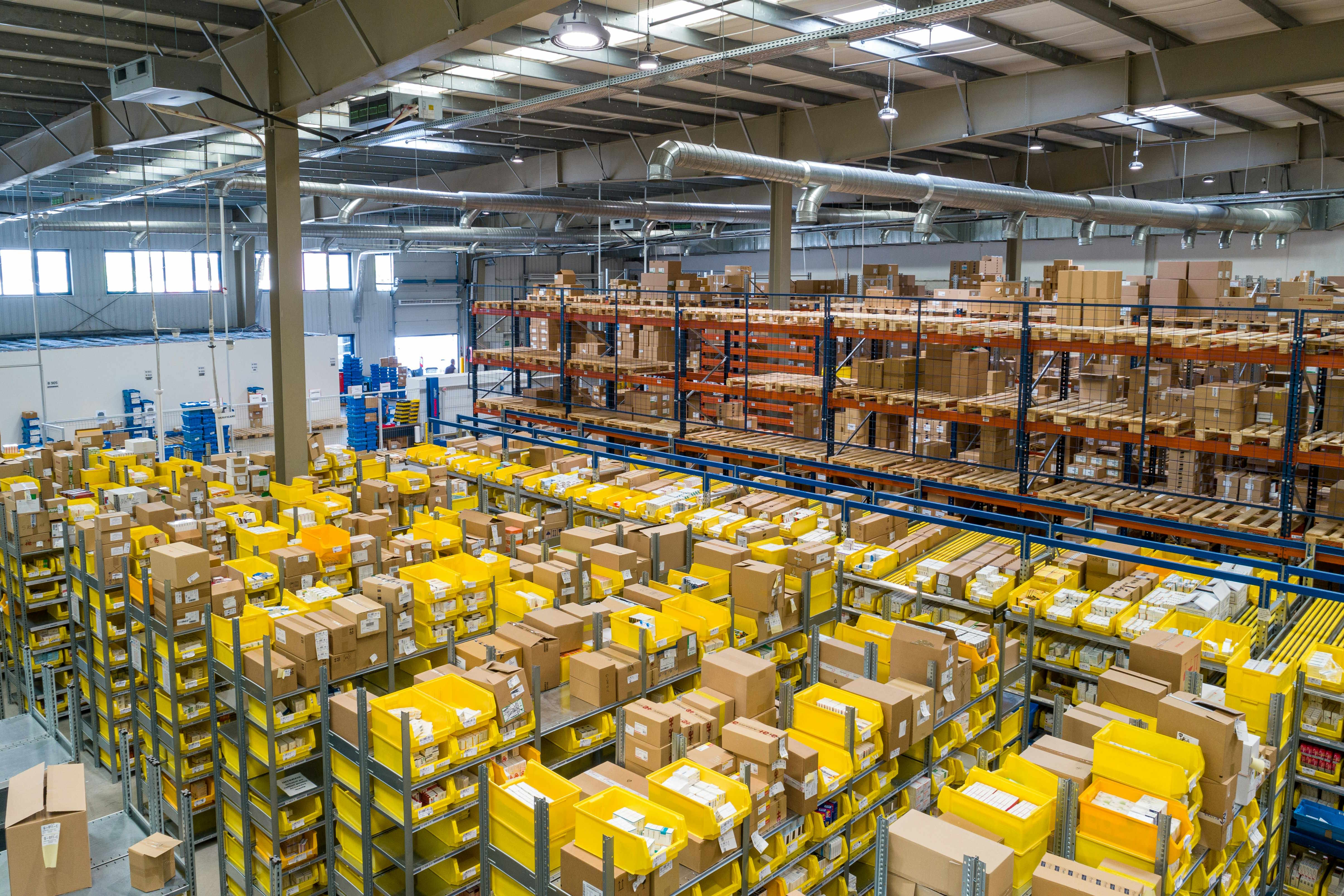Navigating the Roads of Tokyo: A Trucker's Guide
Discover the unique landscape of Tokyo's transportation sector and what it means for truck drivers. This comprehensive overview explores the distinctive features of driving in Japan's bustling capital, from urban challenges to technological advancements. Gain insights into the professional environment, potential career trajectories, and the pivotal role truckers play in Tokyo's dynamic economy.

Mastering the Japanese language is a cornerstone for success in Tokyo’s trucking industry. While some multinational logistics firms may offer positions suited for English speakers, the vast majority of driving opportunities necessitate at least a fundamental grasp of Japanese. This linguistic proficiency is essential for interpreting road signage, effectively communicating with dispatch teams, and engaging with clientele.
Tokyo’s Logistics Landscape: A Unique Urban Challenge
The logistics sector in Tokyo stands apart from its rural counterparts, characterized by its intense pace and high-volume operations. The city’s dense urban fabric and concentration of commercial activities create a distinct set of obstacles and prospects for truck operators. Unlike the expansive routes typical of countryside deliveries, Tokyo’s drivers frequently navigate congested city streets, making numerous stops for pickups and drop-offs throughout their shifts.
Tokyo boasts a sophisticated infrastructure, including an extensive network of highways and purpose-built truck terminals, which facilitates streamlined transportation. However, this advanced system demands that drivers excel in maneuvering through confined spaces while adhering to stringent delivery timetables amidst the urban hustle. Balancing punctuality with safety and traffic regulation compliance is a defining feature of trucking in Tokyo’s fast-paced environment.
The Professional Life of a Tokyo Truck Driver
The working environment for truck drivers in Tokyo can be intense yet fulfilling. The city’s round-the-clock economy often requires drivers to adapt to varied shift patterns, including early morning starts, late-night runs, or overnight hauls. Many logistics companies implement rotating shift systems to ensure continuous coverage of delivery routes.
Given Tokyo’s elevated cost of living, trucking positions in the metropolis frequently offer attractive compensation packages compared to other Japanese regions. This financial incentive, however, comes with high expectations for efficiency and timeliness in a rapidly moving work atmosphere. Drivers must be prepared to handle the pressures of navigating dense traffic while meeting strict delivery deadlines.
Japanese corporate culture strongly emphasizes collective effort and shared responsibility. As such, truck drivers are often expected to engage in team meetings, contribute ideas for operational enhancements, and uphold a high standard of professionalism in their interactions with both colleagues and customers.
Career Growth in Tokyo’s Transportation Realm
The transportation industry in Tokyo presents various avenues for professional advancement. Seasoned truck drivers may find opportunities to transition into supervisory roles such as fleet management or dispatch coordination. Further specialization through additional training and certifications, such as in the transport of hazardous materials or temperature-controlled goods, can lead to higher-paying positions with increased responsibilities.
Some drivers leverage their on-the-ground expertise to pivot into logistics planning or supply chain management roles, while others pursue entrepreneurial ventures by establishing their own trucking enterprises or becoming independent contractors.
Technological Impact on Tokyo’s Trucking Landscape
Technology is reshaping the trucking industry in Tokyo. Many logistics firms now employ cutting-edge GPS tracking systems and route optimization software to enhance efficiency and reduce fuel consumption. Drivers are increasingly required to utilize mobile devices for real-time delivery updates, dispatcher communication, and digital documentation processing.
The e-commerce boom has sparked a surge in demand for last-mile delivery services, creating new niches for drivers specializing in urban distributions. As Japan continues to pioneer autonomous vehicle technology, truck drivers may soon find themselves collaborating with semi-automated systems, necessitating the development of new skill sets to adapt to evolving industry trends.
Navigating the Challenges and Rewards of Tokyo Trucking
Truck driving in Tokyo presents a unique set of challenges balanced by significant rewards. The city’s infamous traffic congestion can be a source of stress, demanding exceptional patience and focus during extended periods behind the wheel. Strict environmental regulations on vehicle emissions and noise levels in urban zones require drivers to be environmentally conscious and compliant with local ordinances.
However, the satisfaction of working in one of the world’s most vibrant cities is substantial. Tokyo’s truck drivers are integral to maintaining the city’s economic momentum, fostering a sense of pride in their essential role within the urban infrastructure. The profession offers a degree of autonomy and the chance to explore diverse areas of the metropolis that many office workers may never encounter.
In conclusion, while not presenting specific job listings, this overview illustrates that the trucking profession in Tokyo offers a distinctive blend of challenges and opportunities within Japan’s transportation sector. From mastering the intricate road network to embracing state-of-the-art logistics technology, drivers in Tokyo’s transportation industry play a vital role in sustaining the rhythm of this dynamic metropolis. For individuals possessing the requisite skills, adaptability, and motivation, a career in truck driving in Japan’s capital can potentially offer both financial benefits and personal satisfaction.






